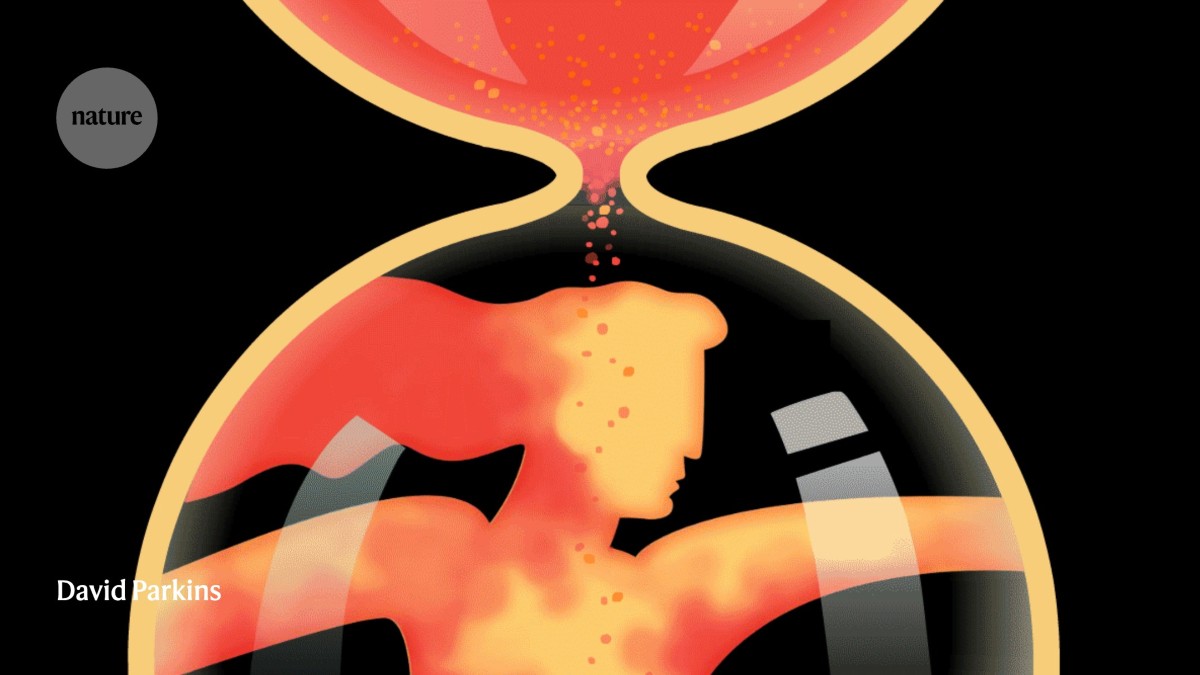
"For people with moderate to severe psoriasis, highly targeted antibody-based treatments introduced in the past 10-15 years have been life changing. Inflamed skin covering swathes of the body often resolves completely. "It's difficult to find a non-responder to these therapies, says Curdin Conrad, a clinical dermatologist and psoriasis researcher at Lausanne University Hospital in Switzerland. But these antibody therapies, which selectively take out the inflammatory molecules that drive the disease, have a major drawback: they must be taken for life."
"At least, that's what usually happens. Some people with psoriasis can stop taking antibody treatment and not have a relapse. Conrad says that one of his patients who had been taking the antibody drug had to pause it in preparation for a dental operation - and that "six years later, she was still completely disease-free, not a single lesion"."
"Psoriasis affects at least 100 million people worldwide, and it is currently deemed to have no cure. The most visible symptom of this chronic non-communicable disease is the presence of painful, inflamed skin lesions, called plaques, that are colonized by overactive immune cells. Yet the inflammatory damage of psoriasis goes deeper. People with psoriasis are at high risk of developing cardiovascular diseases, diabetes and arthritis."
Highly targeted antibody-based treatments introduced in the past 10–15 years can completely clear inflamed skin in many people with moderate to severe psoriasis. These therapies selectively neutralize inflammatory molecules that drive the disease but typically require continuous, lifelong administration because stopping treatment usually causes rapid relapse. A minority of patients experience durable remission after stopping therapy. Psoriasis affects over 100 million people, causes painful plaques with overactive immune cells, and increases risk of cardiovascular disease, diabetes, and arthritis. The initial biomolecular trigger that activates immune cells in skin remains unknown.
Read at Nature
Unable to calculate read time
Collection
[
|
...
]